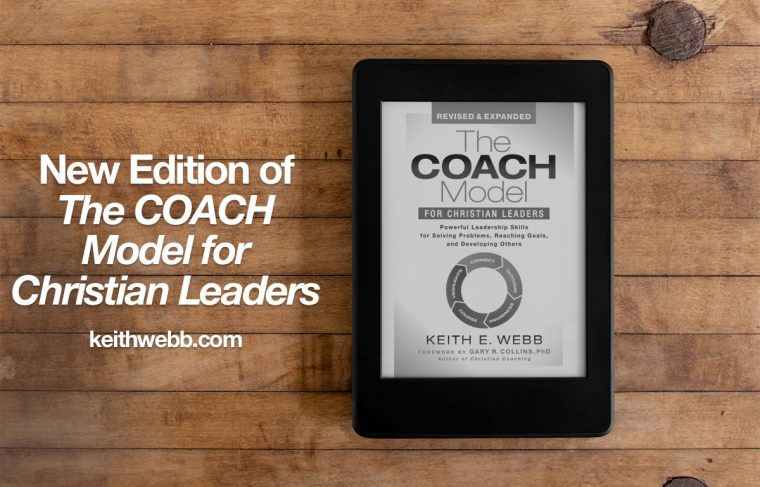As you finish the year and begin the next, take a few minutes to make sure you’ve learned from what you experienced. Every day we have experiences, good and bad, yet more often than not, we fail to notice them. Worse, we fail to learn from them. Asking a few questions can draw out learning for yourself or to prompt someone else’s learning.

In my coaching practice, I help smart people think more deeply, figure out problems, and ultimately to learn, grow, and change. As we talk, sometimes clients aren’t aware of the unformed insights emerging from their thinking. Here’s an example,






